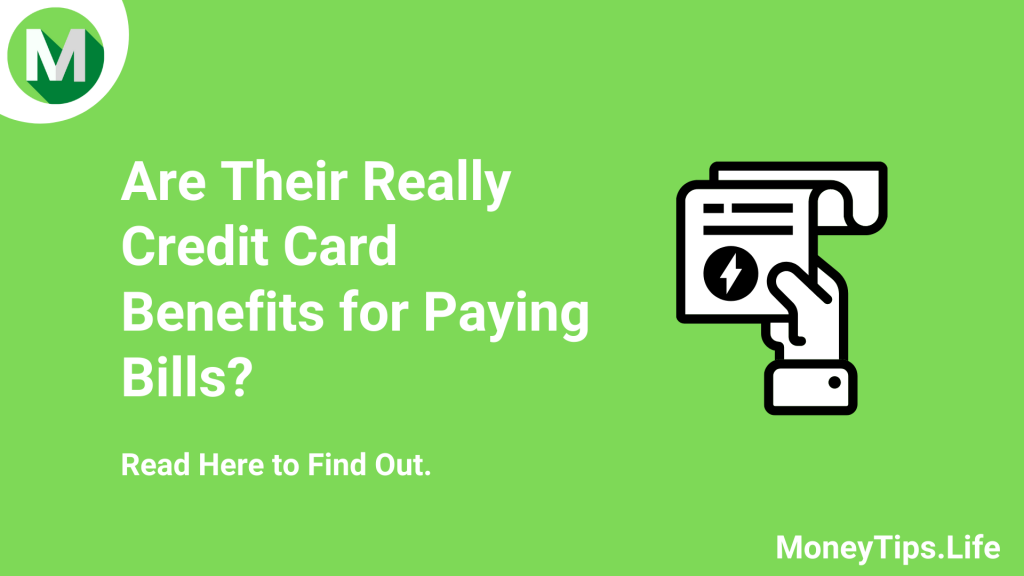Overdue bills can be very stressful. Many companies intimidate individuals who have outstanding balances. This can lead them to make rash financial decisions.
It’s important to consider your options before deciding how to pay your bills. In some situations, using a credit card is acceptable. In others, it can put you at risk.
Understanding the risks and benefits of paying your bill payments with a credit card is important. We’re here to help you make informed decisions about your finances. This is crucial for financial health and credit standing.
Benefits of Using a Credit Card for Bills
Credit cards are appropriate methods of payment in some scenarios. For manageable bills, paying with credit can earn you rewards. This is helpful—but only if you pay off your credit card right away.
Credit card perks can really add up and offer significant benefits. Depending on the size of your household, bills can be sizable. Charging larger bills enables you to earn rewards from your card provider.
You may also have additional time to pay with a credit card. For example, consider a utility bill due on the first of the month. If your credit card is due the 31st, you have 30 days to pay.
It can also be easier to track expenses when your bills are consolidated in one place.
Cons of Using a Credit Card for Bills
As with any purchase, you risk added interest when you charge your bills. If you can’t pay your credit card bill, you face added debt. This can easily become overwhelming.
It’s also possible for utility companies to charge fees for credit cards. Some impose their own extra costs, raising your debt even further. Be wary of this when you set up autopay.
Finally, your credit utilization can increase. This is the percentage of your credit limit you’re using. You should try to keep this number around 30%.
What Kind of Bills Could Be Paid With a Credit Card?
Theoretically, every bill can be paid with a credit card. However, as mentioned, some charge extra fees. Ensure that you only use your credit card for bills that don’t impose fees.
Certain companies also choose not to accept credit cards. Be sure to examine the terms and conditions before scheduling payment.
Only use a card when you have cash to back it up. If you don’t know how you’ll pay the card bill, avoid using credit. There are more forgiving avenues for many bills.
For example, medical bills should not be paid with a credit card. Hospitals often have payment options that do not involve interest. Or consider a designated medical credit card with zero interest.
Be wary of paying bills with a credit card when you’re struggling. When you do this, you’ll compound interest and increase your debt. You may struggle to pay your card and your utilities next month.
It’s best to finance big purchases through other avenues. If you must, use your credit card on some individual monthly payments. Save for larger bills or pay part in cash.
The Bottom Line
Ultimately, it’s smarter to avoid paying for bills with a credit card. It’s very easy to fall into debt this way. It’s also just one more step for you to navigate.
Instead, use credit cards for manageable everyday purchases. Groceries, gas, dining, and entertainment are all wonderful ways to use your credit.

